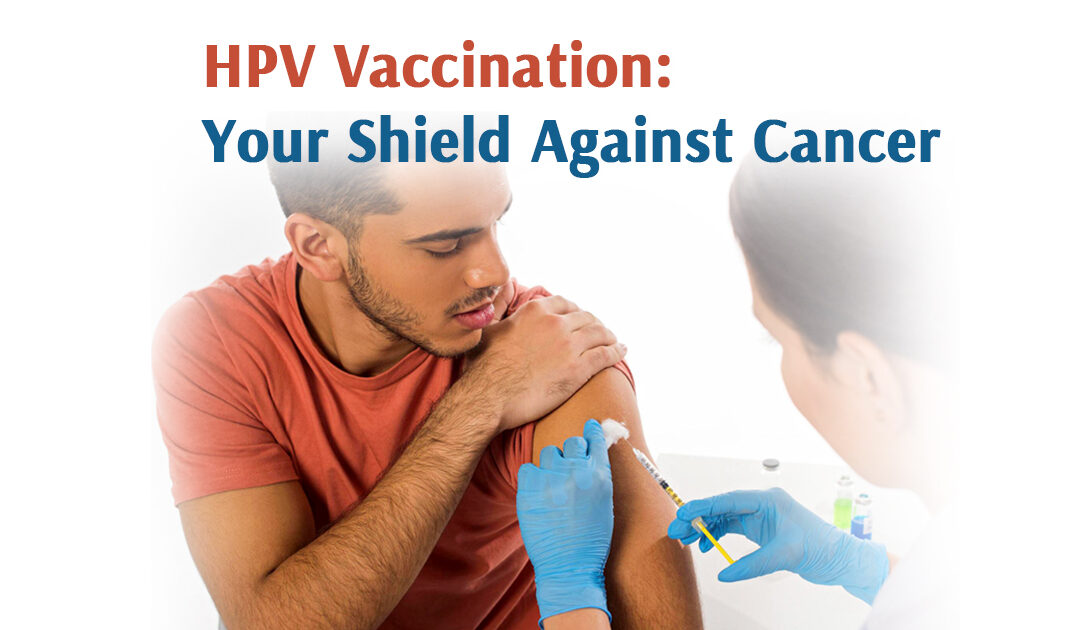Human Papillomavirus (HPV) may sound like a daunting scientific term, but understanding its link to various diseases and the effectiveness of the HPV vaccine is crucial for protecting yourself and your loved ones. Human papillomavirus (HPV) infection is the most common cause of cervical cancer. However, its impact doesn’t stop there. This widespread virus can also lead to several other types of cancer, including those of the vulva, vagina, penis, anus, and even certain head and throat cancers. Thankfully, we have a powerful defense against these preventable diseases: the HPV vaccine.
What is Human Papillomavirus (HPV)?
HPV encompasses a group of over 200 distinct viruses, with certain types identified as “high-risk” due to their association with cancer. These high-risk strains can linger in the body for years, silently proliferating and potentially leading to precancerous and cancerous lesions. Nearly 80% of individuals will contract HPV at some point in their lives, often without any symptoms, underscoring the importance of vaccination for protection before exposure occurs.
What is the Human Papillomavirus (HPV) Vaccine?
The HPV vaccine is a safe and effective method to prevent infection with high-risk HPV strains. Currently, there are three HPV vaccines available: Gardasil, Gardasil 9, and Cervarix. These vaccines offer protection against the strains most responsible for cervical cancers and genital warts. Here are some essential facts about the vaccine:
- It is designed to protect against up to 90% of cancers caused by HPV.
- The CDC’s Advisory Committee on Immunization Practices recommends HPV vaccination to prevent infections, cancers, and other related conditions.
- Optimal protection is achieved when the vaccine is administered to both girls and boys aged 9 to 12.
Benefits of the HPV Vaccine
The HPV vaccine has several benefits, including:
- Cancer Prevention: The vaccine is highly effective in preventing cervical cancer, reducing the risk by up to 90%. It also significantly decreases the risk of other HPV-related cancers.
- Long-term Protection: Evidence suggests that the HPV vaccine offers long-lasting protection, potentially extending throughout a person’s lifetime.
- Safety and Efficacy: Extensive research and the administration of millions of doses worldwide have demonstrated the vaccine’s safety.
- Protection for Both Genders: The vaccine is recommended for males and females aged 9 to 26, helping to protect individual health and contribute to herd immunity, thereby reducing virus spread and indirectly protecting those not vaccinated.
Vaccination at an Older Age
The FDA has extended the approval of the HPV vaccine for individuals up to the age of 45. Although it’s not commonly recommended for most adults between 27 to 45, vaccination can still offer benefits, particularly for those not previously exposed to HPV.
By prioritizing vaccination for both boys and girls, we can envision a future where the diseases caused by HPV are a thing of the past. This effort not only benefits individuals directly but also reduces healthcare costs and enhances overall public health.
Follow us

